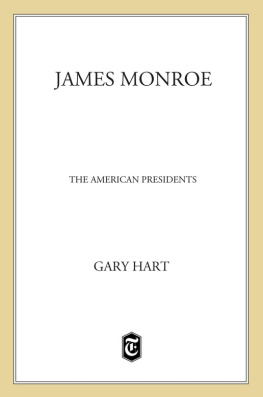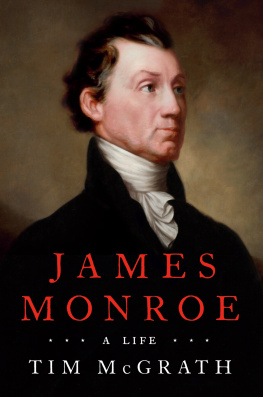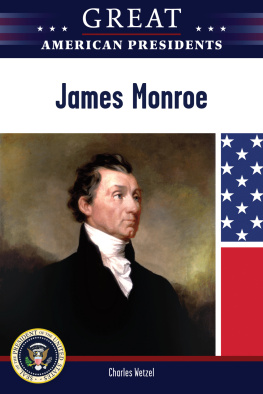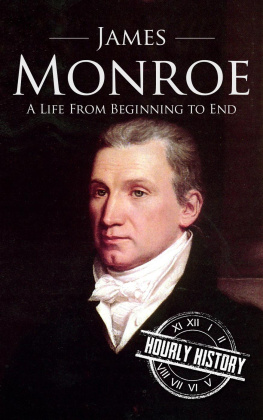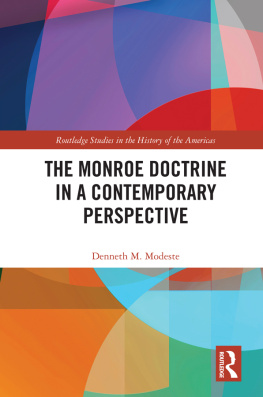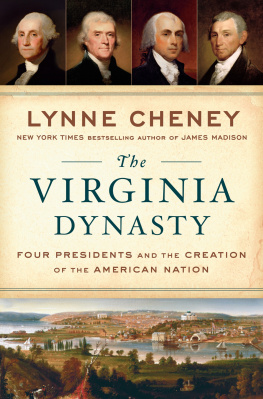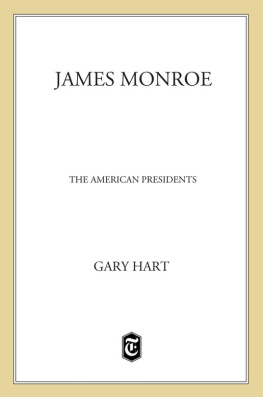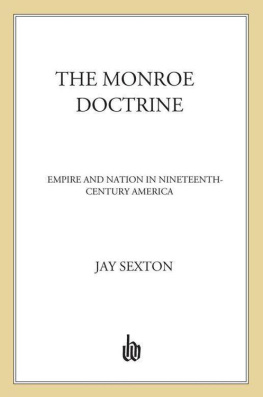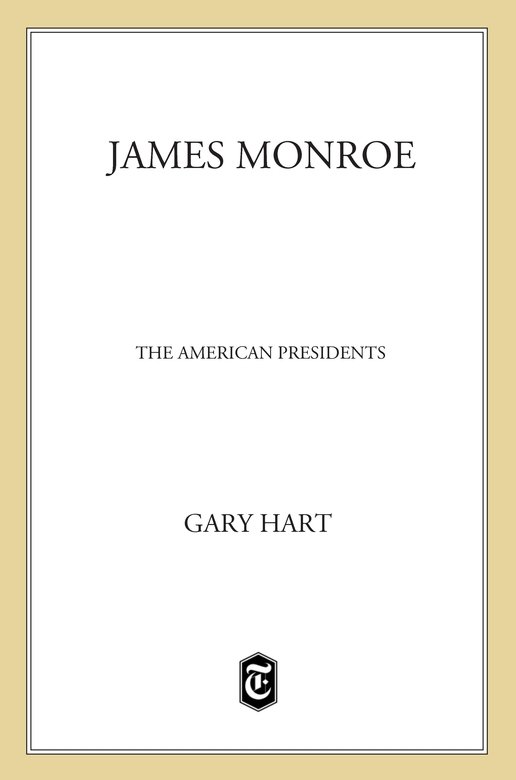The Fourth Power:
A Grand Strategy for the United States in the Twenty-First Century
Restoration of the Republic:
The Jeffersonian Ideal in 21st-Century America
The Minuteman: Restoring an Army of the People
The Patriot: An Exhortation to Liberate America from the Barbarians
The Good Fight: The Education of an American Reformer
Russia Shakes the World:
The Second Russian Revolution and Its Impact on the World
The New Democracy
The Strategies of Zeus
America Can Win: The Case for Military Reform (with William S. Lind)
The Double Man (with William S. Cohen)
Right from the Start: A Chronicle of the McGovern Campaign
GARY HART represented Colorado in the U.S. Senate from 1975 to 1987. He is the author of fourteen books, including most recently The Fourth Power: A Grand Strategy for the United States in the Twenty-First Century. Hart has lectured at Yale University, the University of California, and Oxford University, where he earned a doctor of philosophy degree in politics. He recently completed a three-year assignment as cochair of the U.S. Commission on National Security for the 21st Century and is currently senior counsel to the multinational law firm Coudert Brothers. He resides with his family in Kittredge, Colorado.
Few would argue that James Monroe was a great president by the standards usually reserved for great presidents. But Monroe has earned the right to be considered a historic, important, and transitional president.
He did not win a great war, though his sure-footed diplomacy with the French, British, and Spanish could well have avoided one. He did not preside over an economic boom, though he did manage to steer out of a significant economic depression. He made no pretension to epic stature, though, in John Quincy Adams, John C. Calhoun, and William Crawford, among others, he surrounded himself with figures of substantial dimensions and was comfortable, and commanding, in their presence. He understood his role on the national political stage was not that of his friends Thomas Jefferson or James Madison, though his presidency was at least as consequential as either of theirsand arguably more so.
James Monroe seems very much to have been a man attuned to himself. He was, at the core, a public servant ambitious for public office and restless on the political sidelines. He was not above self-promotion, understanding it to be wholly necessary to the achievement of his purposes. But Monroe had a strong sense of self-respect, dignity, and personal honor and would easily take offense, sometimes too easily, with Washington, Jefferson, or Madison wheneither his motives or his talents were questioned. The strength of his convictions and sense of personal rectitude created personal and political frictions with all those with whom he served. When the adequacy of his performance came into question, his skin could become very thin.
Whether as a young lieutenant at Trenton in 1776, or as secretary of war in 1814, Monroe had an instinct for command. He exhibited initiative when others hesitated, and he had the courage under fire that marks the hero. Though the idea of a purely military career seems not to have seriously occurred to him, Monroe was quintessentially the citizen-soldier. He was of the order of Cincinnatus. He would lay down his plow, law book, or legislative toga and enter the camp of the soldier when the nation was in peril.
Monroe shared with Jefferson and Madison a lack of skill in handling personal financial matters. He could never solve the problem of making his property productive while he was absent serving his country, nor could he generate sufficient wealth to finance his own diplomatic ventures abroad. Thus he was constantly struggling with debt and was preoccupied with financial burdens. He was at his most pathetic when, while desperate to maintain a sense of personal dignity, he found it necessary to petition a series of presidents, secretaries of state, and Congresses for reimbursement of expenses incurred in his nations service. More often than not his repeated pleas were ignored or denied, often to his abject embarrassment. He borrowed money from family and friends. Even as a retired president, Monroe was petitioning his successors and various Congresses, and awkwardly urging his friends to do likewise on his behalf, for long-denied repayment for service abroad over more than two decades. In a kind of self-imposed internal exile, far from his beloved Virginia home, the fifth president of the United States would die in virtual poverty.
Yet despite these constant burdens and his natural reserve, and despite marriage to a wife who generally sought to preserve her personal privacy, Monroe was a social man who readily accepted the presidential role of public host. Though not a particularly livelyman himself, he responded naturally to those who were and seemed to thrive in social settings. Much of the comfort he demonstrated as host seemed to derive from his many years exposure to diplomatic entertainment in Paris, London, and Madrid. Monroe also demonstrated great pride in his wife and reveled in the extraordinary response her natural beauty and grace evoked.
Conventional wisdom has it that Monroe was a minor star in a Virginia constellation dominated by Washington, Jefferson, and Madison. That was most certainly not how he saw himself, which was as a figure sometimes heavily reliant on Jefferson for philosophical guidance and direction but very much also as a competitor of and equal to Madison, only seven years his senior. Though duly deferential to his immediate presidential predecessor, earlier in his career Monroe had shown no reluctance in disagreeing with Madison over negotiations with the French and the British during the Jefferson administration or competing with Madison for an early congressional nomination or even for the presidency itself. It would be an error of significant proportion to underestimate the strength of James Monroes streak of independence.
This independent streak can be seen in Monroes commitment to westward expansion. From very early days he saw himself as a Man of the Western Waters, the title given those who, early on, looked westward and foresaw the nation moving in that direction. At the beginning of his career, and later as president, he traveled to the West. The rights of navigation on the Mississippi for frontier farmers and traders became his continuing concern. The waterways beyond the Allegheny Mountains were, in his understanding, central to western expansion.
Monroe, following Jefferson, believed that western land should be given to Revolutionary War veterans as partial payment of the nations debt to them. As a principal negotiator of the Louisiana Purchase, Monroe devoted a great deal of energy to the question of access to the Mississippi waterway and to the port of New Orleans for those pushing the frontier westward. From his early days in the Virginia Assembly, where he sought committee assignments havingto do with western interests, through his years as president, Monroe, in contrast with the men of the Tidewater plantations and New York and Boston financial centers, was restless to acquire breathing room for the rustic and rough-hewn men looking for freedom and space along the rugged frontier. If America of the early nineteenth century divided itself between the drawing room and the outdoors, between the Jacobs and the Esaus, James Monroe saw himself distinctly among the latter.

